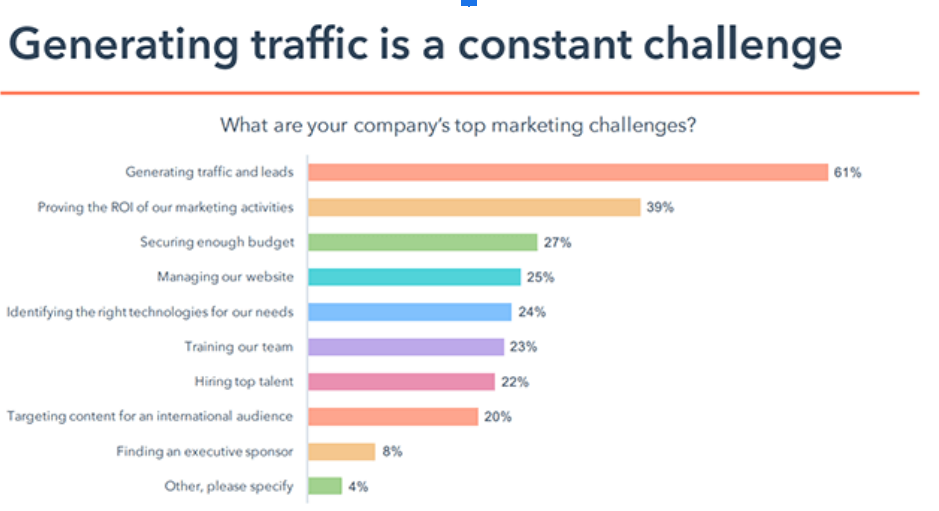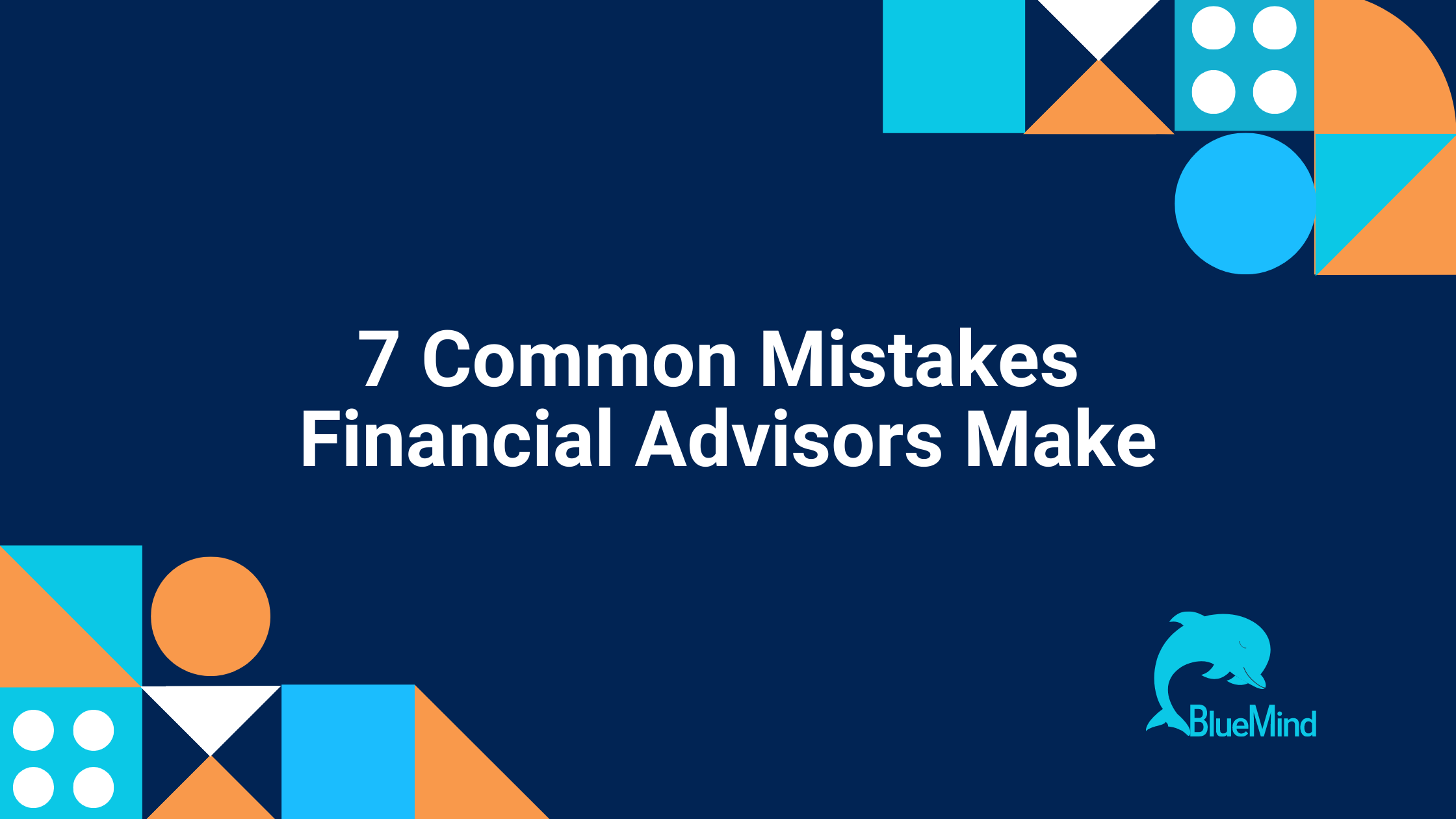How to Follow-up On Your Leads Without Sounding Desperate
Did you know that one of the top three reasons financial advisors fail is due to not following up on potential new clients? Having an efficacious follow-up strategy for financial advisors is necessary as it can transform your leads into prospects and eventually into satisfied clients. However, it is essential that the strategy you choose to adopt to follow-up on your leads, incorporate the right tools along with a skillful approach.
This would result in a steadfast relationship with your soon-to-be clients, and all this must be done without appearing to be desperate or annoying. It might seem difficult at first, but once you have understood and adapted to the tips and techniques presented below, securing clients may become easier than you think.
Have A Strategy to Follow-Up On Your Leads
Every goal requires a well-thought-out plan. There is no such thing as a bad lead. Most often leads turn cold when advisors give up too soon. Thus, a financial advisor must have a detailed plan on how they must follow up on each lead.
Although your approach may vary depending on the personal preferences of your lead or prospect, the general steps remain similar. Try to determine their personal preferences while having discussions with them regarding their financial or insurance plans.
Try to learn more about them as a person, their likes and dislikes, or their interests. When you have a better read on your leads, you will be able to address their problems and communicate with them with ease.
A Phone Call is Usually the Best Option
After the initial contact always follow up with a phone call unless you are 100% sure the lead prefers some other medium. Phone calls tend to be more personal. If you do make contact successfully, use the R.A.G method.
- Recap: briefly recap your previous conversation. This will not only refresh the previous conversation but also ensure that they are on the same page as you.
- Ask: make sure to know what is going through your lead or prospect’s mind. Everyone has doubts after the first contact. Perhaps a bad experience with a previous financial advisor? Any doubts or fears should be addressed.
- Goal: Make sure you, yourself and your leads have a goal in mind and know what you aim to achieve, not just for your sake but for your potential clients’ sake too.
Don’t Be Hesitant to Call Again
On average only 2% of sales are made during the first point of contact. In case you were unable to reach the lead at the previous attempt, try again. A phone call is always more personal rather than an email or text. Emails often get caught in SPAM folders or are simply left unopened and easily ignored.

In addition, it is usually best to avoid Mondays. They tend to be the busiest days of the week and one on which you are most likely to be missed, ignored, or rejected. Try to have a general sense of their routine and their occupational hours so that you approach them at a time when it is best suited for them. Or, you can always politely ask them for the most convenient for them to have a quick call or meeting with you.
Some Prefer Email
Compared to a phone call, email allows the lead to have some space and time to think through what the financial advisor is stating. When using electronic mail as the medium of approach, consider the following:
- Wait for 3 to 4 days after the previous contact before sending an email. You don’t want to appear desperate or that you have loads of free time.
- Make your email brief and to the point. Don’t bore them with too much technical jargon. Take a personal approach to captivate their interest.
- Share some valuable content that is relevant to them. That is why knowing your prospect and building a relationship is essential so that you know where their interests or concerns lie. Share infographics, articles, videos, and posts to grasp their attention.
Have A Personal Approach
Unlike a salesperson, a financial advisor’s job is to not pitch your plans but to listen to your leads first. You need to make sure your focus is not always about fulfilling your needs or business. Perhaps they have expressed interest in a certain topic or have certain goals that they wish to achieve. Try to approach them using their various interests and ideas.

Try not to give the same generic approach that almost all financial advisors tend to give. Give your communication that extra personal touch. Find out their birthday, congratulate them on their promotion or simply wish them the best on their next new venture. Show that you genuinely care and are not just here to “sell.”
Once you have made initial contact and followed up with an email, change your approach. Find what the comfort zone of your potential client is. Perhaps a lunch or a seminar meeting? If they prefer to be more personal, maybe a visit to their home? You may even go on to simply ask their preference, saying something like, “How would it be best to reach you next time, so I don’t cause any inconvenience?” Since it is all about making your lead comfortable, meet how, where, and when they want to meet.
Use Social Media To Your Benefit
We live in a world where social media has become one of the main avenues of interaction and access to information. Representatives who are active on social media get 45% more sales opportunities as compared to those who don’t. It allows you to reach and nurture personal relationships and connect with your audience where your business is concerned.
Making yourself accessible on various social media platforms is a necessity. Not only do you need to put yourself out there on various social media platforms, but you also need to make the effort to maintain your presence on them which is meaningful and captivating.

When approaching your lead via such a medium, make sure to know which social media channels they prefer. Furthermore, it is always best not to repeat the same message. Approach them using those platforms with targeted content. Have something new to follow up with for each contact made.
Respond Fast
The longer you wait, the more probable it is that your lead will forget or lose interest. In case a contact is made, respond immediately. The warmer the lead, the more likely you are to expect a positive result.
Furthermore, assume there is always competition out there. Your lead may be in touch with other financial advisors approaching them simultaneously. You don’t want to be the one who took too long to respond.
Final Thoughts
As a financial advisor, you should never hesitate about making that next phone call or sending that email or post due to your fear of being rejected or appearing as if you are desperate or nagging. It may perhaps appear to be a difficult or confusing process to follow when starting as a financial advisor, but over time you should have developed a sound strategy on how best to approach your leads so that each contact ensures that the next contact is not only most probable but even successful.




